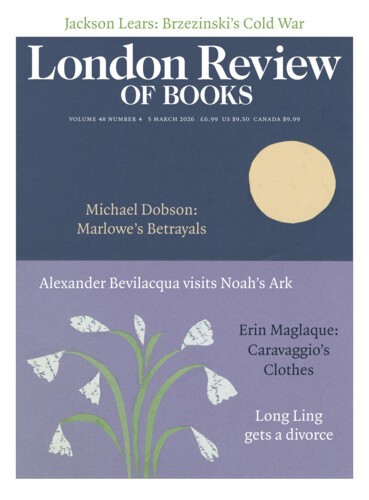Week after week, year after year, members of the collective formed in 1977, during the Argentine military dictatorship, as Las Abuelas de Plaza de Mayo have circled the pyramid monument in the square in central Buenos Aires, arm in arm, to demand the return of their forcibly disappeared grandchildren. They’re still marching, often with Las Madres de Plaza de Mayo – the mothers....
Week after week, year after year, members of the collective formed in 1977, during the Argentine military dictatorship, as Las Abuelas de Plaza de Mayo have circled the pyramid monument in the square in central Buenos Aires, arm in arm, to demand the return of their forcibly disappeared grandchildren. They’re still marching.

